Menu
Control valves are the most important part of any process control loop, vital in stabilizing processes. Technuton control valves are engineered, manufactured, tested and optimized for your specific application. Our flow control solutions offer reliability, productivity, and sustainability, allowing you to maximize your output and profitability.
Control Valve Selection
The right control valve selection is based on an understanding of the industry, process and application it will be used in. Their role is to ensure accurate, repeatable and reliable long-lasting flow control performance. We at Valmet understand the conditions under which industrial valves must perform, and help our customers select the right valve for the job.
General service and economical performance
Technuton offers a wide range of linear and rotary valves suited to general service in a wide range of industries. Our globe valves are considered an excellent choice for general and high differential pressure applications. They are great for clean flow media and known for their ability to resist noise and cavitation. For fibrous or dirty flow media, such as those often found at pulp mills, our segment valves offer high-capacity performance, often at lower nominal valve sizes. This makes them an economical and reliable valve choice.
Bigger sizes and demanding applications
Our butterfly valves are an attractive choice when looking for an economical, lightweight control valve in larger sizes. They typically offer a high flow capacity and lower fugitive emissions. For more demanding applications, such as those found in many refineries or petrochemical plants, we recommend our eccentric rotary plug valves due to their excellent ability to handle dirty fluids with particulates.
Rough and rugged reliability
For some especially rough applications with both high-pressure and high-capacity requirements, our heavy-duty ball valves can deliver the needed performance, reliability and durability. For especially demanding applications and process conditions, Technuton offers a range of solutions to avoid the negative impact of noise, flashing and cavitation.
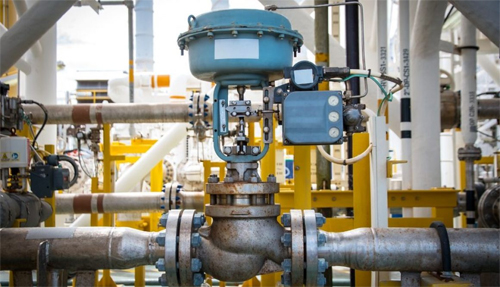
What do you look for in a control valve supplier? Someone who has a complete range of linear and rotary models? A company with a proven track record? Experts who can solve critical service issues such as cavitation and noise attenuation? A stockist that can deliver maintenance and service throughout the lifetime of the valve? Or maybe a partner who understands the complexity of your process? If you answer yes to any of these questions, then perhaps you should contact the experts of Technuton valve solutions.
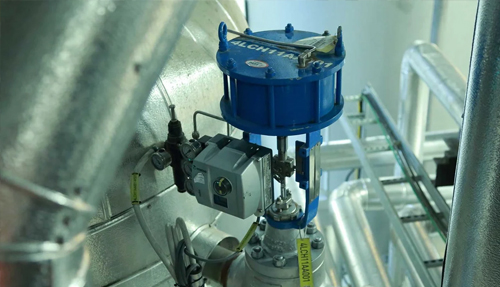
The power plant process involves challenging conditions, and the plant must remain on stream continuously. Control valves are a small but important part of the process: they control flow and keep the power plant’s process stable, helping to ensure that the plant operates efficiently. This is why Technuton valves were chosen for Turun Seudun Energiantuotanto Oy’s (TSE) new power plant in Naantali, Finland.
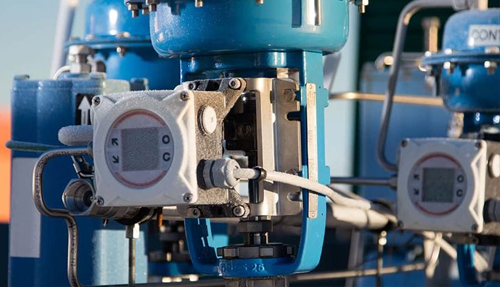
Control valve requirements often differ depending on the process area, application and end user specifications. Process conditions and the range of parameters also vary widely, including pressure, temperature, controllability, cavitation risk, environmental impact, noise and more. Plus, priorities may differ.
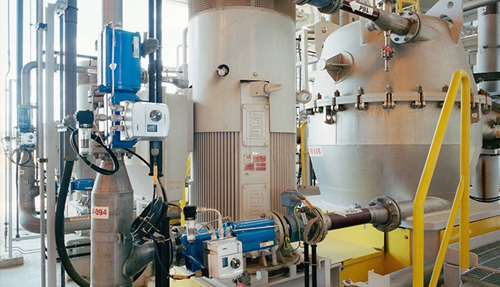
When considering control performance in a modern process plant, it is easy to get confused by the complexity of it all. The control system is usually the part plant owners concentrate on most. However, one should not forget that the last control element – the control valve – sets the baseline for accurate control. Only if the baseline is good, it forms a good foundation for smooth plant operation and performance. So, what are the things to keep in mind about control valves?

Our guest writer Jon F. Monsen discusses the correct method for determining the control valve sizing pressure drop when the system already exists or has been designed.
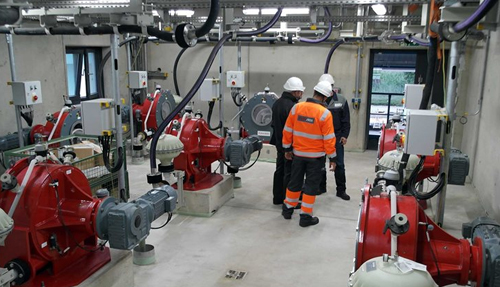
After seven years of implementation of Flowrox™ pinch valves in a concentration plant, customer remains satisfied with the cost savings combined with reliable operation and easy valve maintenance. All 330 pinch valves were installed in an extension of their ore and water treatment plant. The project basically consisted of duplicating the size of an existing plant.